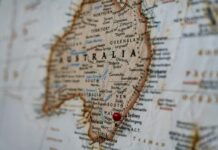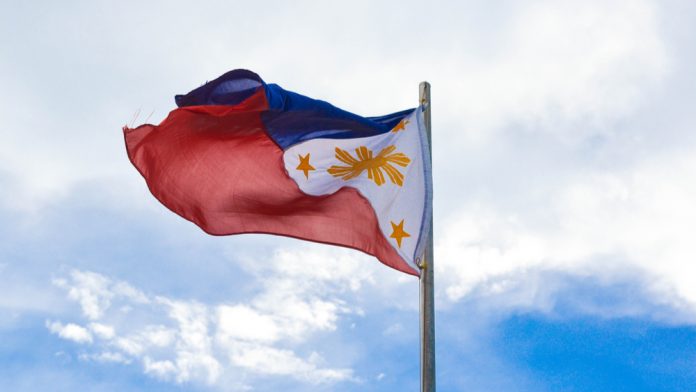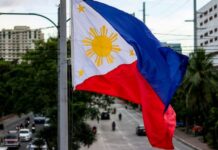President Ferdinand R Marcos Jr has urged the Philippines’ Anti-Money Laundering Council, along with other government agencies, to address continuing AML issues in the nation.
The call to action has been initiated by the President to ensure the implementation of an ‘action plan’ that would see the island nation removed from the Financial Action Task Force’s money laundering grey list in 2024.
Within the President’s probe, which builds on Executive Order No 33 issued last year to strengthen the nation’s AML efforts, he directed government agencies to prioritise eight remaining action plans out of the 18 issued by the FATF after it greylisted the country in June 2021.
Of those eight remaining action plans that were issued to the Philippines following a 2019 mutual evaluation report into its AML preventions, the casino industry appeared once as ‘mitigating risk associated with casino junkets’ remains an incomplete action plan.
Casino junkets are structured short-term gambling programs run by operators wishing to attract high rollers to a specific casino, offering enhanced promotions and benefits to draw high-wealth players in.
Matthew David, Executive Director at the AMLC, stated: “The President reiterated the government’s high-level political commitment and directed all government agencies concerned to strictly address the remaining strategic deficiencies identified by the FATF in relation to the greylisting of the Philippines.”
In addition to casino junkets, the Philippines’ remaining issues to address throughout 2024 include the effective risk-based supervision of non-financial businesses and professionals; enhancing and streamlining access to beneficial ownership information; demonstrating an increase in the money laundering and terrorism financing investigations and prosecutions; and ensuring cross-border measures in all entry points across the country, including seaports and airports.
David continued: “The Philippines is aiming to address all these deficiencies within 2024 and to trigger the exit process from this FATF grey listing.”
Following the President’s call for an overarching ‘action plan’ to address these issues, the government will hope to prevent itself from being downgraded to the FTAF’s blacklist, which could severely impact overseas workers.
“There are precautions for being on the grey list, because the longer we are on the grey list, the bigger the possibility or the higher the risk that we will enter the blacklist,” added David.
“Of course, we don’t want to be in the blacklisted jurisdiction. And if we will be on the blacklisted list, there are repercussions to that and one of the repercussions is the effect on the transactions of our overseas Filipino workers.”
If the nation is placed on the FTAF’s blacklist, overseas workers could face an increase in the cost of remittance services while the risk of transactions being denied would also increase.











